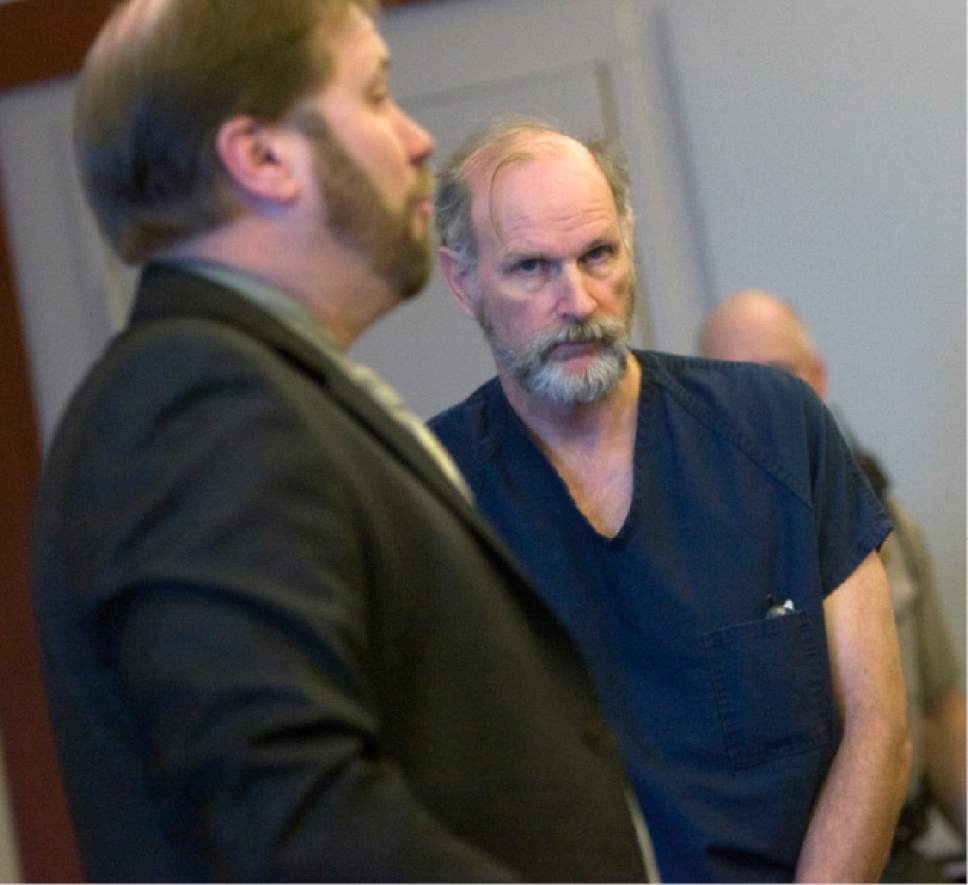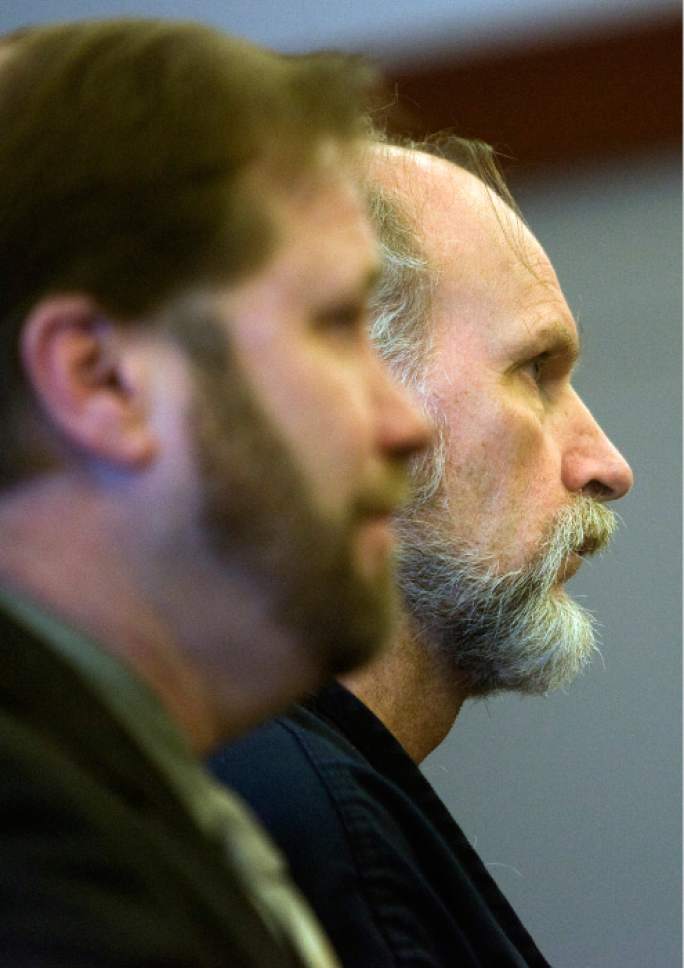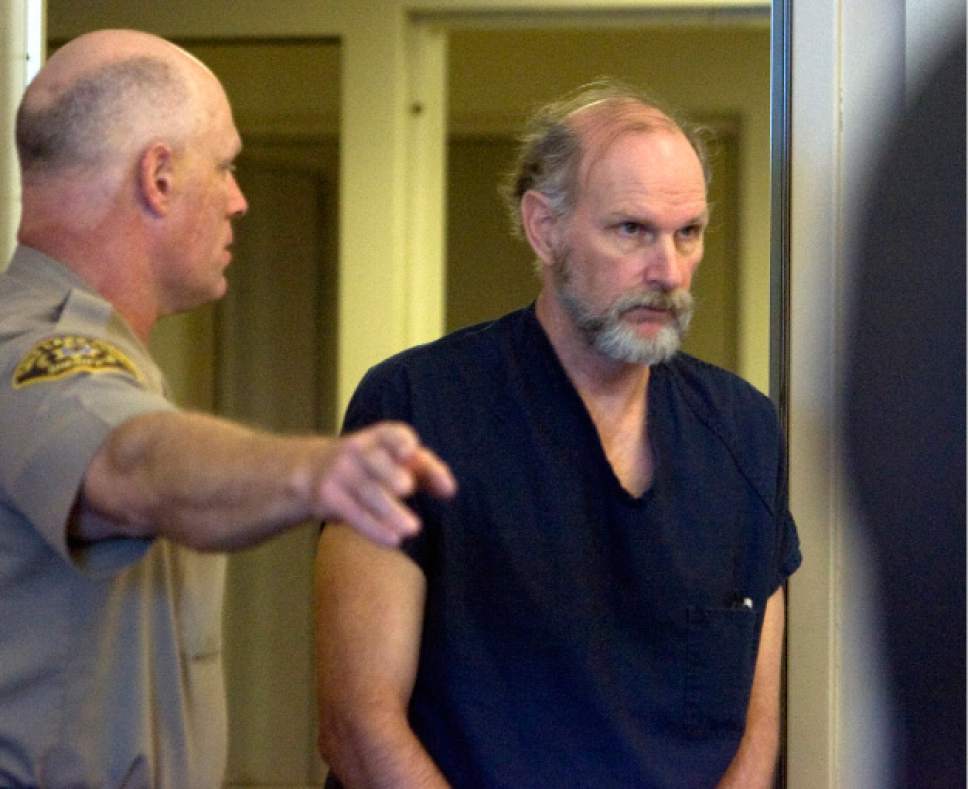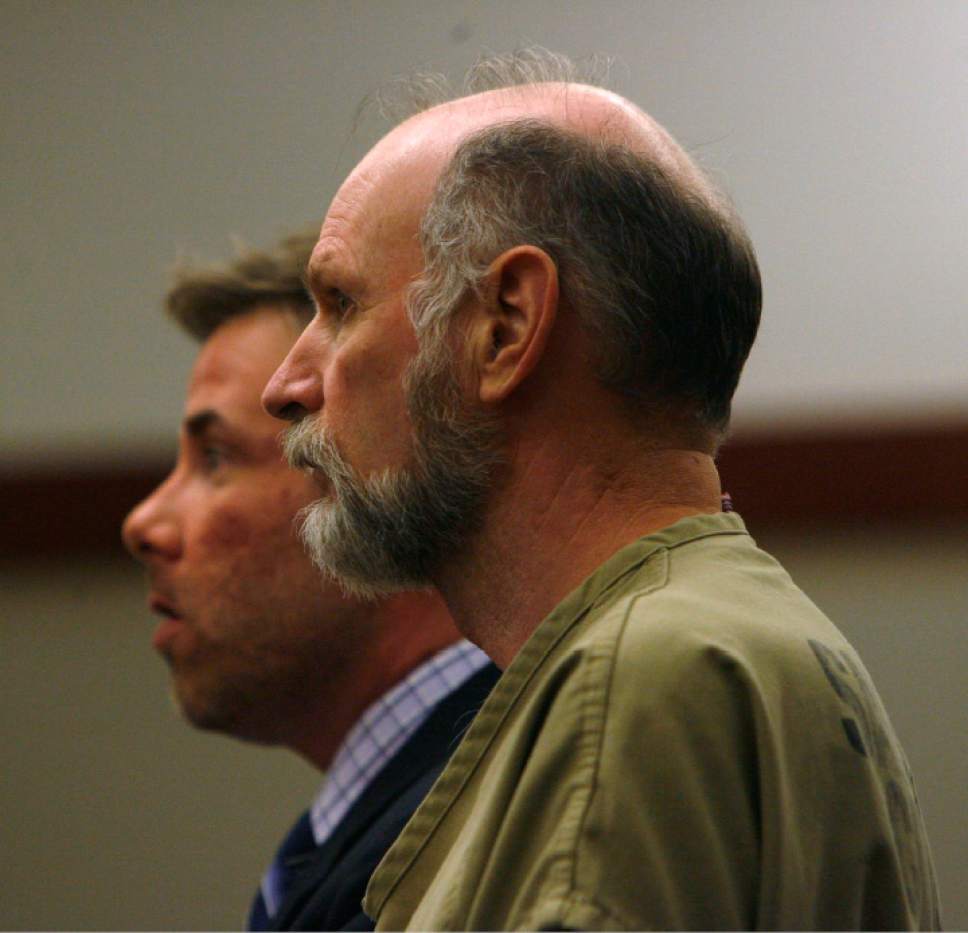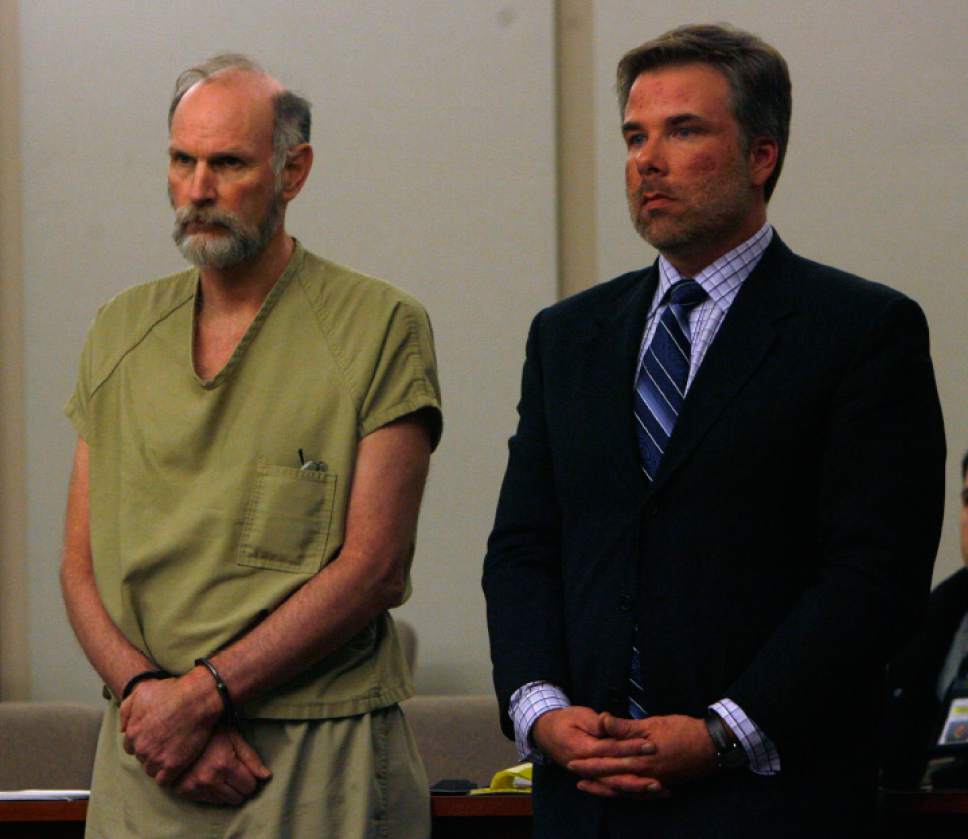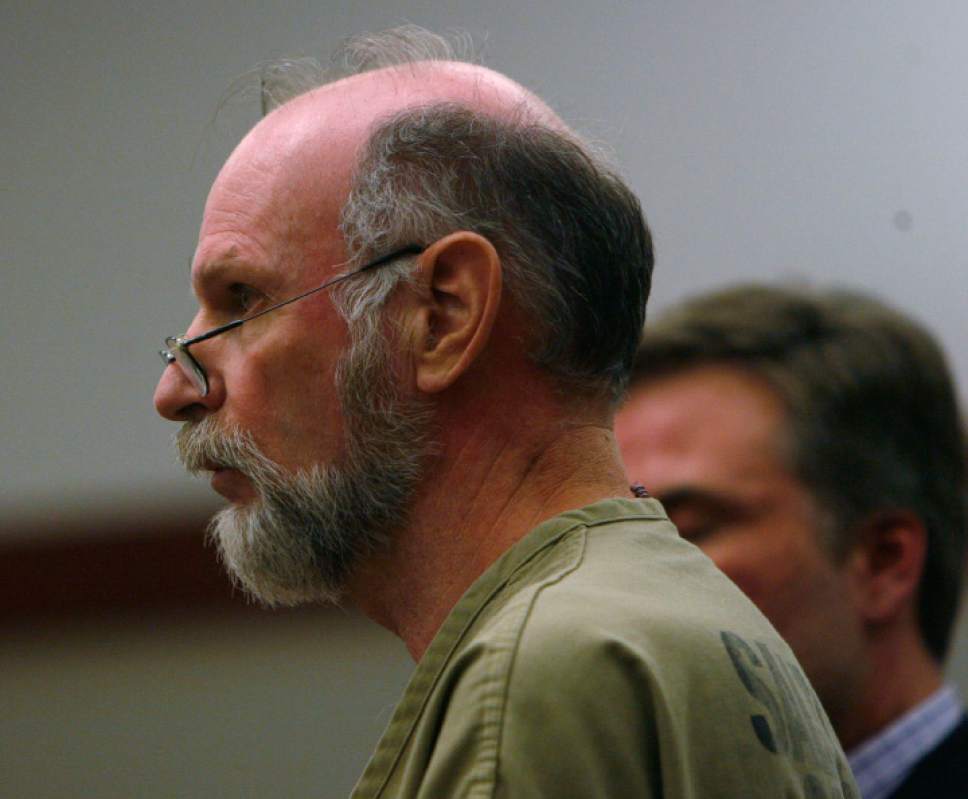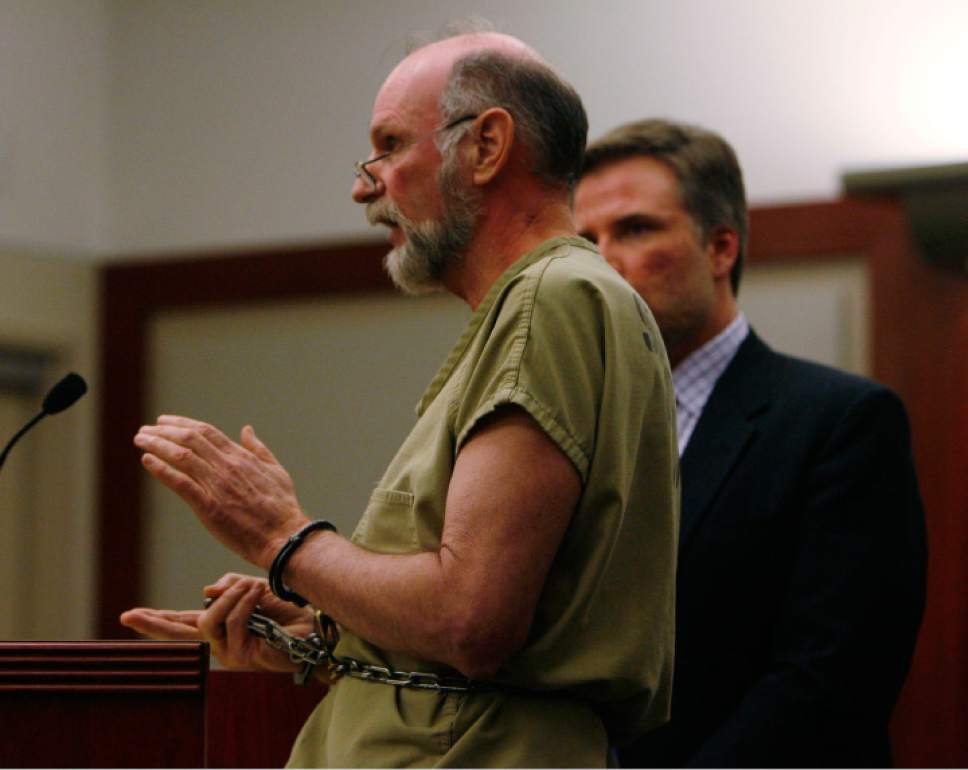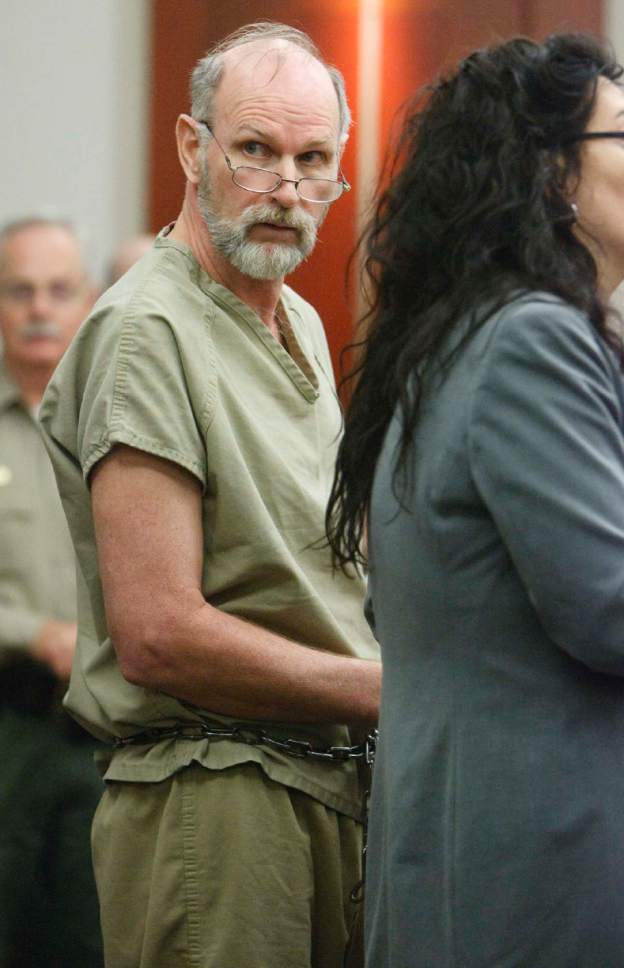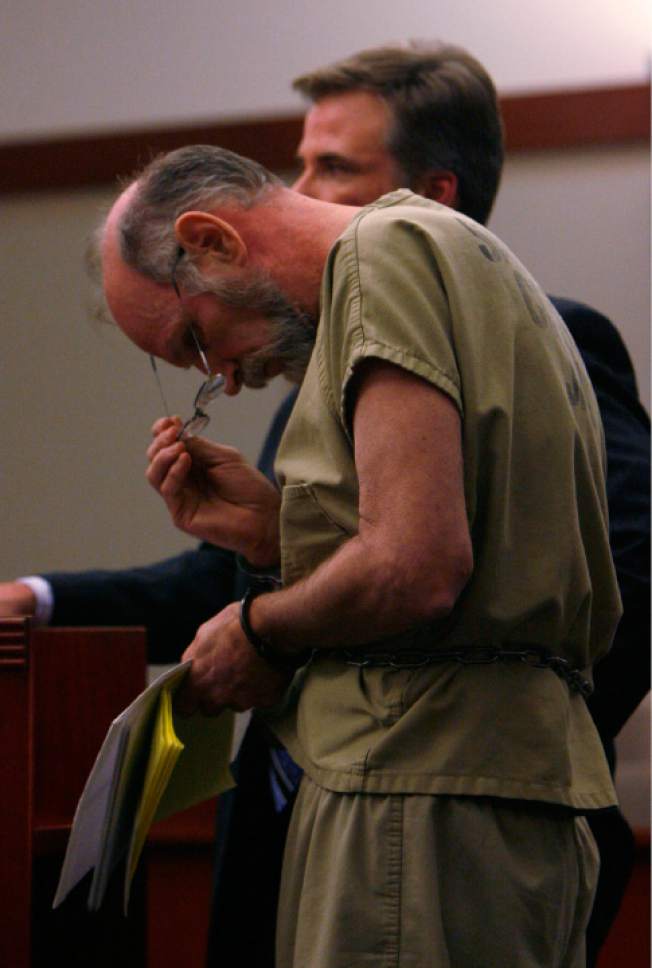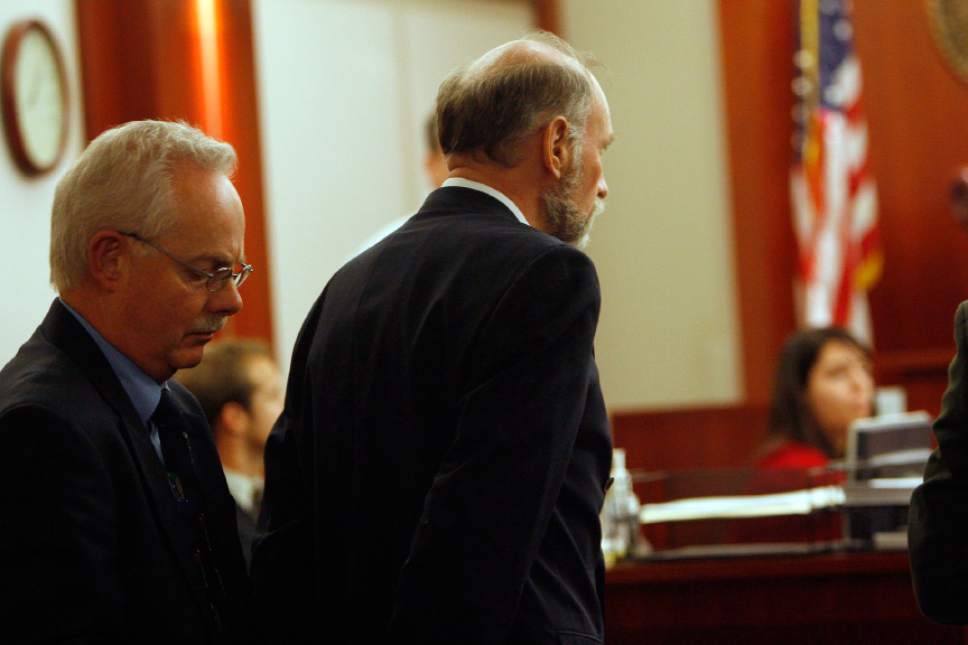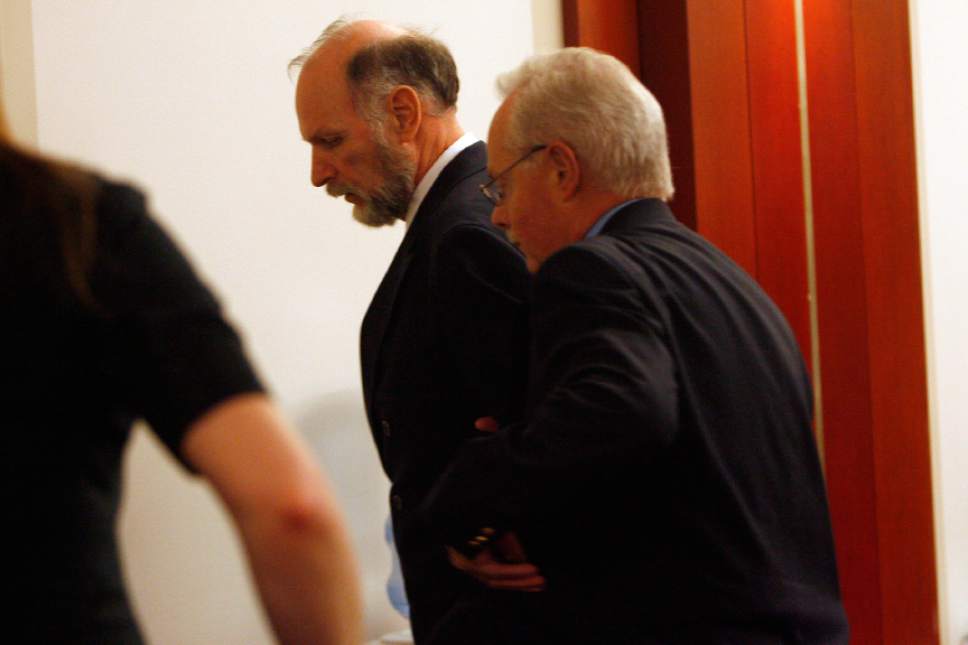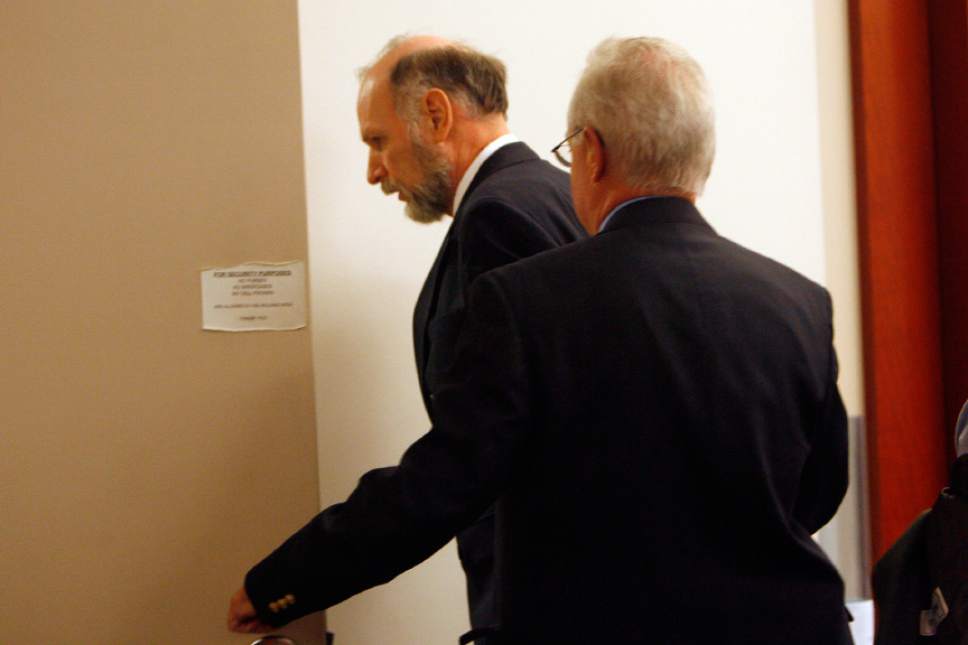This is an archived article that was published on sltrib.com in 2016, and information in the article may be outdated. It is provided only for personal research purposes and may not be reprinted.
Sherman Alexander Lynch III, a Holladay man convicted of killing his wife by deliberately hitting her with his pickup in 2007, should have another chance to seek a new trial or the reversal of his murder conviction, his attorney argued Tuesday.
Michael W. Young asked the Utah Court of Appeals to overturn a trial judge's dismissal of Lynch's petition for post-conviction relief, which claimed his lawyers were ineffective.
The ruling dismissing the petition said Lynch was barred from raising some of the claims because they had already been raised at trial or on appeal. The other claims were barred because the trial lawyers had a conceivable tactical basis for taking certain actions, according to the ruling.
Lynch claims his trial attorneys were ineffective for, among other reasons, not examining the truck, which was the prosecution's only piece of physical evidence.
Lynch was convicted in the Oct. 3, 2007, death of his wife, Patricia Rothermich, who was hit by a vehicle from behind while on a walk near her home in Holladay. Moments later, a passerby found her lying in some bushes and called 911. The 64-year-old retired social worker was pronounced dead on arrival at a hospital.
After Lynch was interviewed on television about his wife's death, his girlfriend — who had not known the Holladay man was married — told police she had recently helped him buy a used truck. Investigators found the vehicle hidden in an abandoned garage, according to court records.
Prosecutors argued at trial that Lynch had a dual motive: a $150,000 life insurance policy on his wife and his affair with the girlfriend, who had already begun to suspect he was deceiving her.
In 2008, a 3rd District Court jury found Lynch guilty of first degree-felony murder for the hit-and-run death and second-degree felony obstruction of justice for hiding the truck. Judge Deno Himonas, who is now a Utah Supreme Court justice, sentenced Lynch to 15 years to life in prison for the murder and 1 to 15 years on the obstruction count.
After his conviction, Lynch, now 57, filed a motion for a new trial, claiming he had ineffective assistance of counsel. Himonas denied the motion, and Lynch then appealed the conviction to the Utah Court of Appeals.
In that initial appeal, he argued the jury should have been given an instruction on his alibi defense and that the prosecutor engaged in misconduct by making statements during closing argument implying that he had confessed to the crime. In addition, he claimed his trial attorneys had provided ineffective assistance by failing to object to the alleged errors.
In January 2011, the appeals court upheld the conviction in a 3-0 decision. Lynch then filed his petition for post-conviction relief, which Himonas dismissed.
Assistant Utah Attorney General Daniel Boyer argued Tuesday that the claims had been raised and were properly barred.
The appeals court took the arguments under consideration and will issue a ruling later.
Twitter: @PamelaMansonSLC


